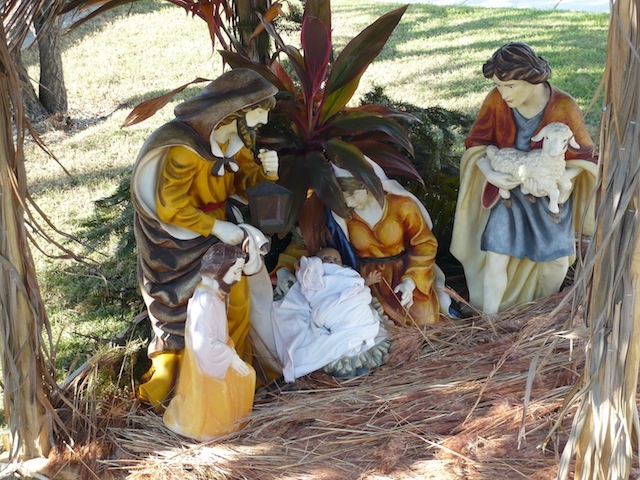Servant Identity
February 25th, 2013 Posted in writing | Comments Off on Servant IdentityThe first and second Sundays of Lent present two sides of Jesus’ commitment to service. The first Sunday of Lent, Jesus was in a deserted place with the devil tempting him to make the world (and even his Father!) serve his needs and protect him from harm. In answer to that temptation, Jesus affirmed his identity as a servant, who, in obedience to his Father, stood in solidarity with us.
On the second Sunday of Lent, Jesus’ divine identity was revealed in such a way that the disciples caught a glimpse of some of the glory and depth that belongs to Jesus as Son of God. The Transfiguration showed the disciples that his divinity, too, was committed to our service, for it was this very service that Jesus was talking about to Moses and Elijah in the vision Peter, James, and John experienced. So it is Jesus the carpenter from Nazareth and the only-begotten Son of the Father who stand by us.
And what does that mean for us? Simply put, we might say that if serving others is God’s choice for his own life, then shouldn’t that be good enough for us, too — despite all the messages our culture drums into us about having power over others and dominating them?
This week think about yourself, your family, or your parish. If we truly embraced Jesus’ human-divine commitment to service, what would be different about how we live with and treat others?


